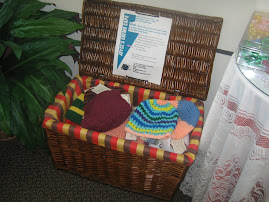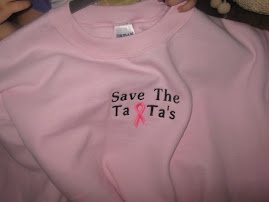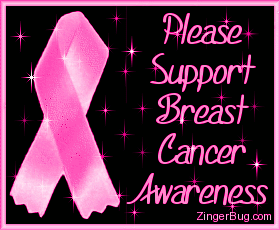Too much sun exposure can be dangerous for everyone. It can cause skin cancer, cataracts, wrinkles, and painful burns that may permanently damage skin. It can also make side effects of some chemotherapy worse. Sun exposure during 5-FU (5-fluorouracil) chemotherapy leads to more skin reaction and tanning. Intense sun exposure can also weaken the immune system even more than treatment has already.
Skin in an area that's receiving radiation therapy should be protected from the sun with a bathing suit or other clothing. Be careful: Sunscreen can further irritate radiated skin.
Still, you don't have to hide inside on bright summer days just because you're in breast cancer treatment. According to dermatologist Margo L. Weishar, M.D., of Springhouse, PA, you can enjoy the sun if you take these precautions:
Schedule your sun time for early or late in the day. Wear a tightly woven, wide-brimmed (5 inches) hat, and clothing that covers most of your body.
Don't step outside without your sunblock on! And apply the sunscreen at least 20 minutes before you go outside, because it takes time before it starts working.
Forget the false notion that any sunscreen SPF (sun protection factor) higher than 15 is a waste. Go for the highest number you can buy. "Most people don't apply sunscreen the way it's tested in the lab, me included," Dr. Weishar says. "You may be getting only half the protection you think you are." She recommends 45 SPF, in a waterproof formulation to combat sweat. If you swim, reapply even waterproof sunblocks after being immersed in water.
For best face protection, Dr. Weishar advises using sunblocks that contain zinc. The blob of white that you may have seen covering lifeguards' noses is one kind of zinc sunblock. But newer products contain tiny particles of zinc that block harmful rays but are invisible when applied.
Sunscreens are chemical sunblocks, not physical ones like zinc. They absorb—rather than deflect—harmful rays. If you buy a sunscreen, according to Dr. Weishar, choose one containing Parsol (chemical name: avobenzone). This is a chemical that does a good job of absorbing harmful rays.
Protect your head. If you've lost your hair, the exposed skin has never seen sunlight before and will burn easily. The same goes for your ears, since many women usually style their hair over their ears. "The best thing is to wear a hat," Dr. Weishar says. "Otherwise, use a good zinc sunblock."
Apply topical vitamin C before sunscreen or makeup. Sold in liquid form, it can protect your skin against sunlight damage. Choose the ones that come in brown, light-sensitive bottles, Dr. Weishar says. This is because the vitamin C molecule is easily destroyed and should not be stored in a clear container.
Use an indoor tanning lotion if you want a deep tan. "They work superficially on the skin and are harmless," says Dr, Weishar. "Just remember that the color you get won't protect you from the sun."
If you have a fresh surgical scar, keep the area well covered. It can get pinker, then darker, if it's exposed to the sun.
Don't rely on the SPF ratings you see on makeup or face lotions to protect your skin. If you're going to be outdoors for longer than a trip to the supermarket, use a sunblock or sunscreen.
Remember that most T-shirts give you a sun protection factor of only about 8.
If you're going through radiation treatment, protect your skin from the drying effects of chlorinated pool water by using a barrier product like A&D ointment or Vaseline petroleum jelly.
After underarm lymph node dissection, try to avoid poison ivy, bug bites, cuts, or any other outdoor risks for infection or allergic reaction.
If you're currently in breast cancer treatment, avoid hot tubs, Dr. Weishar notes. She says she's seen many cases of "hot tub folliculitis"—a condition caused by invisible bacteria in hot tub water. Bathers emerge with painful and ugly red sores on their skin. Although the condition is not serious, she says it could be worse for someone whose immune system is weakened.
With a little care, summer really can be a day (or week) at the beach, despite breast cancer treatment. Says Dr. Weishar, "I tell women, 'Put on a zinc sunblock, cover up, and enjoy!'"
Thursday, July 2, 2009
Subscribe to:
Post Comments (Atom)











































No comments:
Post a Comment